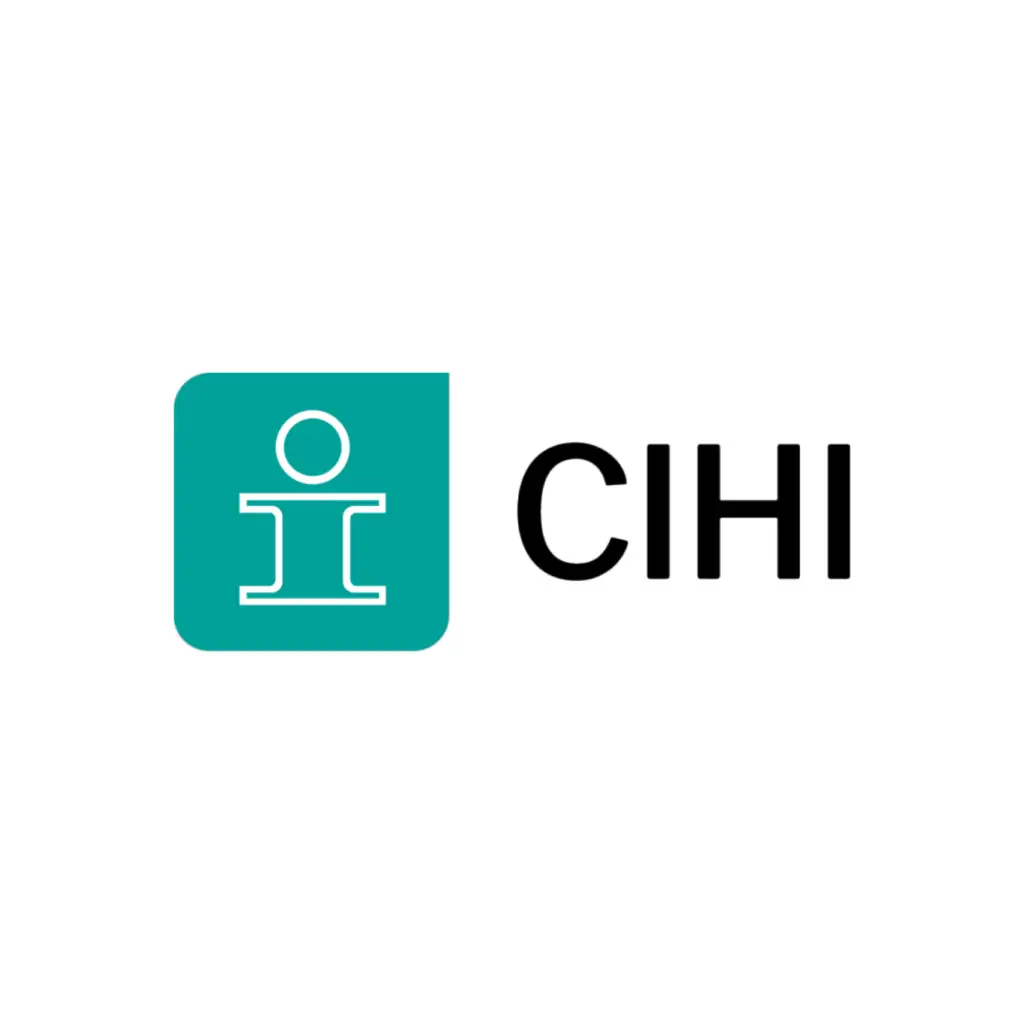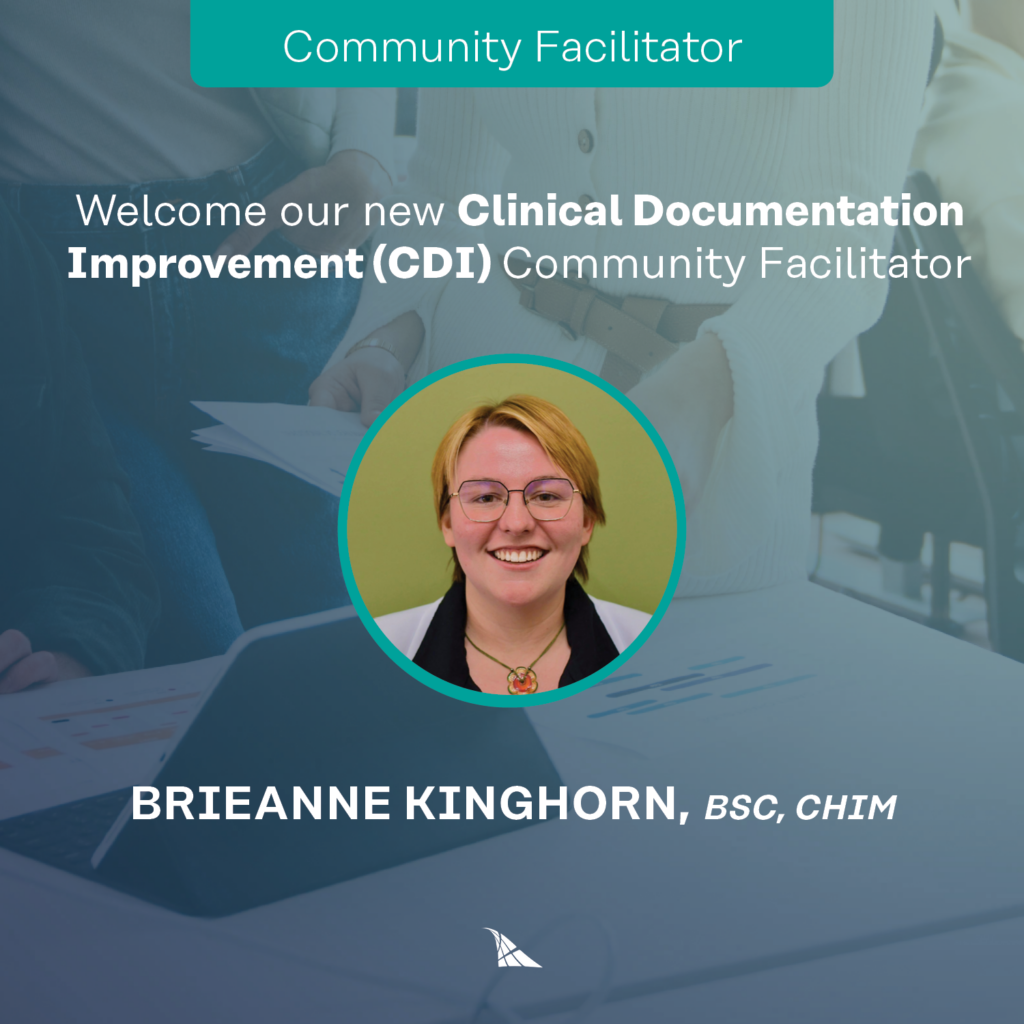
(he, him, or if you’re unsure, they)
Kelly Davison was a registered nurse (RN) with a diverse career in psychiatric and mental health before he signed up for the University of Victoria’s graduate certificate program in health terminology standards.
The one-year program blends online and in-person course work, workshops, and an individual capstone project. The program is targeted to health care professionals and is accredited by the Canadian College of Health Information Management (College). Graduates of the program are eligible to apply for certification with the College to become a Certified Terminology Standards Specialist (CTSS).
Davison completed the program while working full time, and within a month of becoming a Certified Terminology Standards Specialist, he was bidding on projects as an independent contractor and participating in national-level conversations about strategic directions for terminology standards. He is also working with the Canadian Health Information Management Association (CHIMA) to help build awareness in the digital health community of the availability, usefulness, and importance of the CTSS professional designation in the health information space.
Davison, who graduated from the program in November 2019, was working in a complex community setting as a case manager with the Vancouver-based Assertive Community Treatment (ACT) team when he realized the importance of unifying a patient’s chart for safety, quality, and continuity of care.
“The certificate program intrigued me from a practical standpoint,” he says. “I was interested in the political economy of electronic health records (EHRs) and terminology standards represent a critical opportunity for us to connect systems across different programs, specialties, and levels of care to unify the patient chart.”
It is the social justice component to health informatics, and this specialty in particular, that attracted Davison to this program. One of his main interests is in “data justice” and ensuring that data collection reflects the true diversity of the patient population and is used to improve the health of those who are marginalized. “For me, advocating for data justice is a matter of professional ethics,” Davison says. “The market has traditionally been occupied by very few people who specialize in terminology standards. It’s a tough area to get into if you don’t have both the technical and clinical expertise or experience required. The CTSS professional designation will help open doors for people seeking to enable systemic change through standardization.”
Davison notes there is a small cohort of people who hold a CTSS professional designation and expects the demand for professionals with health terminology standards knowledge to continue to grow. Many health organizations across Canada are implementing large clinical information systems, all of which need to be able to talk to each other to enable a single, unified record for each patient. “We need terminology experts to work on connecting the Canadian health care system. This national certification, made available through the University of Victoria’s innovative academic program, will help meet the growing need for home-grown experts in this area,” Davison adds.
Completing the health terminology standards certificate program at the University of Victoria and being able to use the CTSS professional designation signals to potential employers, leaders, and other professionals that you are competent in standard terminology practice. It also shows that you care about a connected and sustainable health system. “People with this certification will have a big voice,” Davison says. “I anticipate that interest in this academic program and, afterwards, certification with the College, will increase as we move forward in the digital age and continue to modernize our health care system for all Canadians.”





